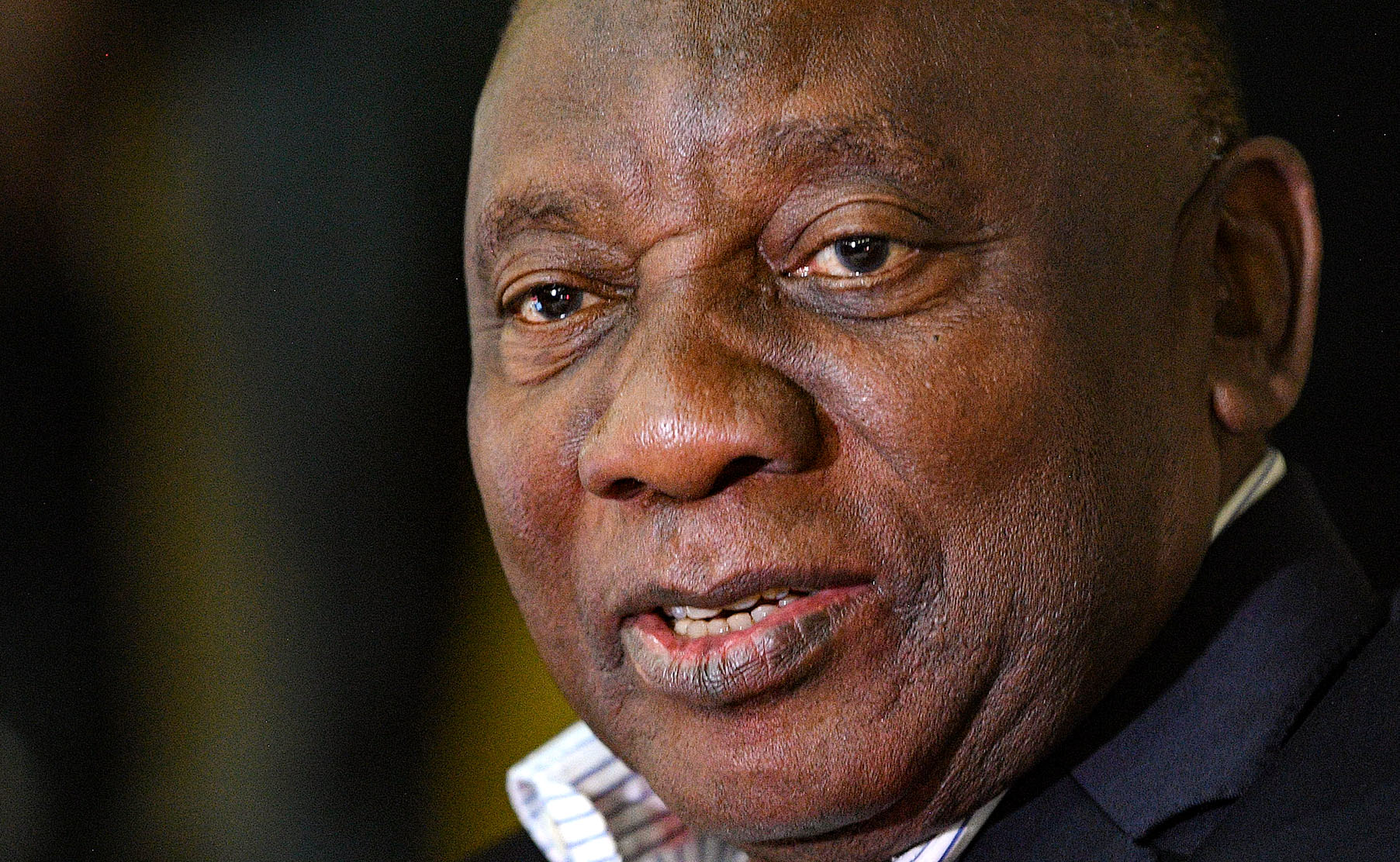The partnership between SA’s prominent CEOs and the government, launched in June 2023 to fix the country’s economic problems, is moving to the second phase, to be launched on Tuesday night - with the number one citizen set to unveil its shape and more crises to be tackled during the year ahead.
The first phase of the partnership has seen more than 150 CEOs raise R180-million and lend their expertise to help the government address the crises in electricity and logistics, and crime and corruption, which are holding back SA’s economy. This phase has already clocked up some wins.
SA has been without Eskom rolling blackouts for six months. About 22,000MW of renewable energy is in the pipeline to permanently end blackouts. Work is under way for private sector players to run Transnet trains and ports for a set period independently. Business has offered forensic expertise to help law enforcement agencies investigate and prosecute complex corruption-related crimes.
There is an appetite for CEOs to continue their partnership in the second phase to tackle other crises, including reforming dysfunctional municipalities, halting water supply disruptions across SA, improving basic education standards in the public sector and increasing support for early childhood development programmes.
In the nearly two years of the partnership, the relationship between business and government has improved. Both sides have put their differences and interests aside to fix SA. This is commendable. However, behind the scenes, there is a problem that might sour the improved relationship. And the problem is the contentious National Health Insurance (NHI) Act.
To recap: the NHI Act envisages a unified health system in which a government-controlled fund will buy healthcare services for eligible patients that are free at the point of delivery. The fund is set to purchase healthcare services from accredited public and private providers, and medical schemes will ultimately be restricted to offering cover only for services not provided under NHI. Business leaders have said the NHI Act will eventually oust private health insurance.
President Cyril Ramaphosa vexed (and perhaps, blindsided) CEOs when he signed into law the NHI Act, just days before the general elections in May. After all, the CEOs believed the door was still open for discussions to rework the NHI Act. The CEOs have raised a number of objections against the Act, including consultation by the government was lacking before Ramaphosa signed it into law and, in its current form, the Act is unaffordable for the fiscus.
To resolve the difference of opinion, Ramaphosa and the CEOs have committed to more talks in the next few weeks to potentially come up with alternatives to the NHI. One CEO recently told me that this was a “make or break moment” because if a solution to the NHI impasse is not found, it might lead to a breakdown in the improved relationship between government and business.
This will undo all the efforts and goodwill built since Ramaphosa ascended to the Union Buildings in 2018. It was a step change from the Jacob Zuma presidency, which was often hostile towards business. There were deep divisions, and a large trust deficit between the government and business during the Zuma years.
Now that the NHI Act has been signed into law, there is not much the CEOs can do. Not even their upcoming talks with Ramaphosa can yield a miracle. Ramaphosa has signed the NHI Act into law, but has not promulgated it in the Government Gazette. This means the Act is not in force and has no start date.
That the Act has not been promulgated has pushed business leaders to believe that the window for changes to the Act is still open. However, in reality, a formal and long parliamentary process would have to be launched to make amendments to the Act. This is a process that business leaders cannot control despite their protestations.
The CEOs might find refuge in ongoing legal challenges to the Act, which could see courts ordering the government to restart the process of consultations to the Act and to make amendments to it.
If this fails, then I have a suggestion for the CEOs to make NHI workable(ish).
The government has doubled down on launching NHI as seen in Health Minister Aaron Motsoaledi setting up its board and embarking on a roadshow across SA to promote NHI. As an initiative to influence the launch of NHI inside rather than outside, CEOs might be brought early into the process to advise on the establishment of a government-controlled fund envisaged by the Act.
Phase one of the NHI Act suggests that Motsoaledi establish committees, including those on healthcare benefits and healthcare technology, to advise him on the implementation of NHI. Business leaders - especially those already working in the value chain of healthcare such as Discovery’s Adrian Gore, Netcare’s Richard Friedland, Aspen Pharmacare’s Stavros Nicolaou and others - can lend their expertise and resources to Motsoaledi’s committees, which could help to mend the relationship between the government and business.
Maybe these committees should report to someone credible and independent because Motsoaledi has proven himself to want to implement NHI at all costs. This person could speak for, and on behalf of, key constituencies. There’s a lot at stake, including Project Fix SA. DM
Business Maverick
After the Bell: NHI impasse could hobble second leg of business-government reform partnership





